To-Do Item #100: Be Less Overwhelmed
Gratitude can counter feelings of overwhelm. Photo Credit: Paige Van Der Vliet, Morristown Medical Center
“...to be alive on the planet today is to be haunted by the feeling of having ‘too much to do’, whether or not you lead a busy life in any conventional sense….The modern world provides an inexhaustible supply of things that seem worth doing, and so there arises an inevitable and unbridgeable gap between what you’d ideally like to do and what you actually can do.”
In our modern age, we have immense choice. We can be or do anything, if only we apply ourselves (at least that’s the American Dream illusion many of us believe in). From the side hustles we could be building to the shoes we could be buying. This endless choice gives us a distinct feeling of overwhelm. Resting feels like a crime when our self-worth has become intertwined with how productively we’re using our time on earth.
Sadly the boundless choice and mile-long to-do lists aren’t going away. So how can we feel better about it all?
In the Paradox of Choice - a brilliant book about how to stop window shopping on the internet for hours at a time - Barry Schwartz talks about how “downward counterfactuals” can help you create a sense of satisfaction even in the face of immense choice. Downward counterfactuals are thoughts about how the situation could be worse. For instance - while you may not have gotten around to working on your side hustle today, at least you have a roof over your head.
This practice is also known as…yes, you guessed it: gratitude. We realize gratitude is the new “live, laugh, love” motivational hashtag of today. But the science behind gratitude’s effect on mental health is well-substantiated.
In reflecting on what we’re grateful for, we activate the ventromedial prefrontal cortex. This part of our brain plays a role in triggering dopamine and serotonin, which make us feel good about our existing “state of the union,” and ultimately less overwhelmed. Research has shown that a gratitude practice helps to improve mood, lower stress, improve sleep, lower blood glucose, and increase social connection, among other benefits.
But the practice of reflecting on all that we have can get pretty repetitive. So how do we make a gratitude practice feel less like an empty exercise? The brain craves novelty (even eating ice cream can become a chore if you do it every day) - so you need to find gratitude in unlikely places.
The Habit:
Once a week, try using downward counterfactuals to ponder how much worse things could be. Gratitude to the garbage man for picking up your trash (so it’s not hot trash summer); gratitude that Google exists to answer any question you’ve ever had; gratitude that you’re not a contestant on Alone starving in the wilderness and talking to squirrels. Whatever strikes you as something you take for granted could be an unlikely place to find gratitude.
Other options include:
Record and savor any pleasant, unexpected surprises in your life
Reflect on how much better elements of your life are today than they were during some dark moment in your past
Go out of your way to thank someone for their kindness - this could even be a hand-written note or small gift
How to know if it's working:
In addition to a mood boost, you may tear up, or feel a rush of warmth, or even experience goosebumps. Over time (6 weeks is a good start), it will become easier to express gratitude and reap the long-term mental health benefits.
Notes:
If you do a gratitude practice too often, it loses its beneficial effect. An important study found that people who wrote in their gratitude journals once a week for six weeks reported boosts in happiness afterward; people who wrote three times per week did not.
Additional Reading/Listening:
The Power of Gratitude (video) by Robert Emmons, UC Davis expert on gratitude
Boosting Well-Being Through Kindness, Gratitude, and Connection (video) by Sonja Lyubomirsky, UC Riverside Vice Chair of Psychology
Written by Lauren Vriens and Maria Potoroczyn
Follow Habit & Co. on LinkedIn, Twitter, or Instagram
Disclaimer:
Information provided in this newsletter is not medical or professional health care advice. If you are struggling right now and looking for help, please dial 988 to talk to a trained counselor at a crisis center closest to you.

